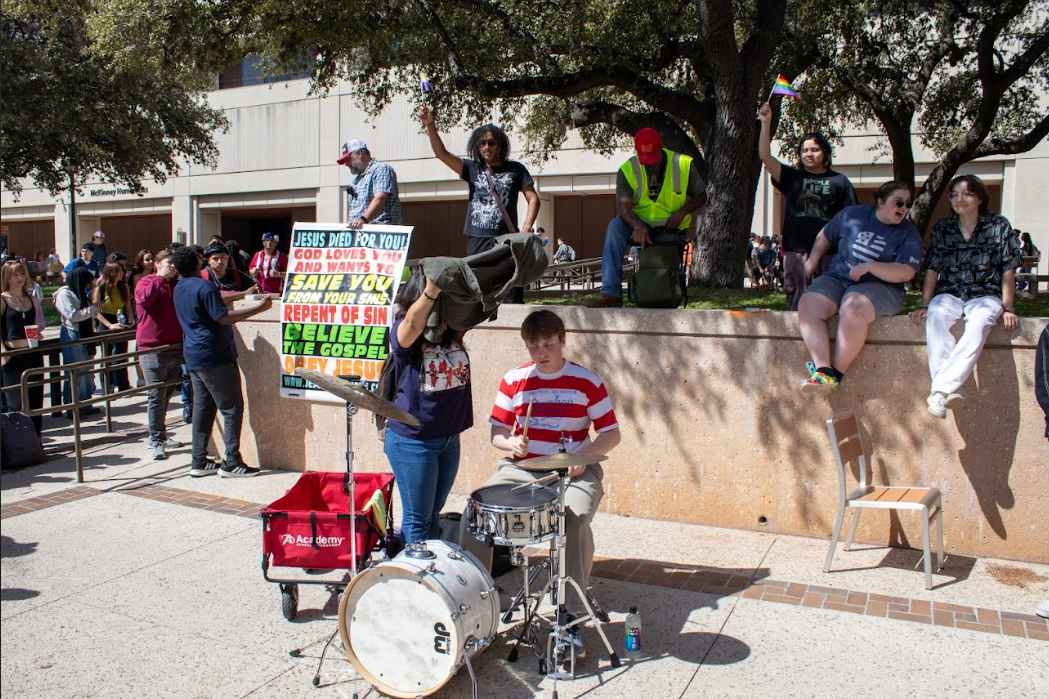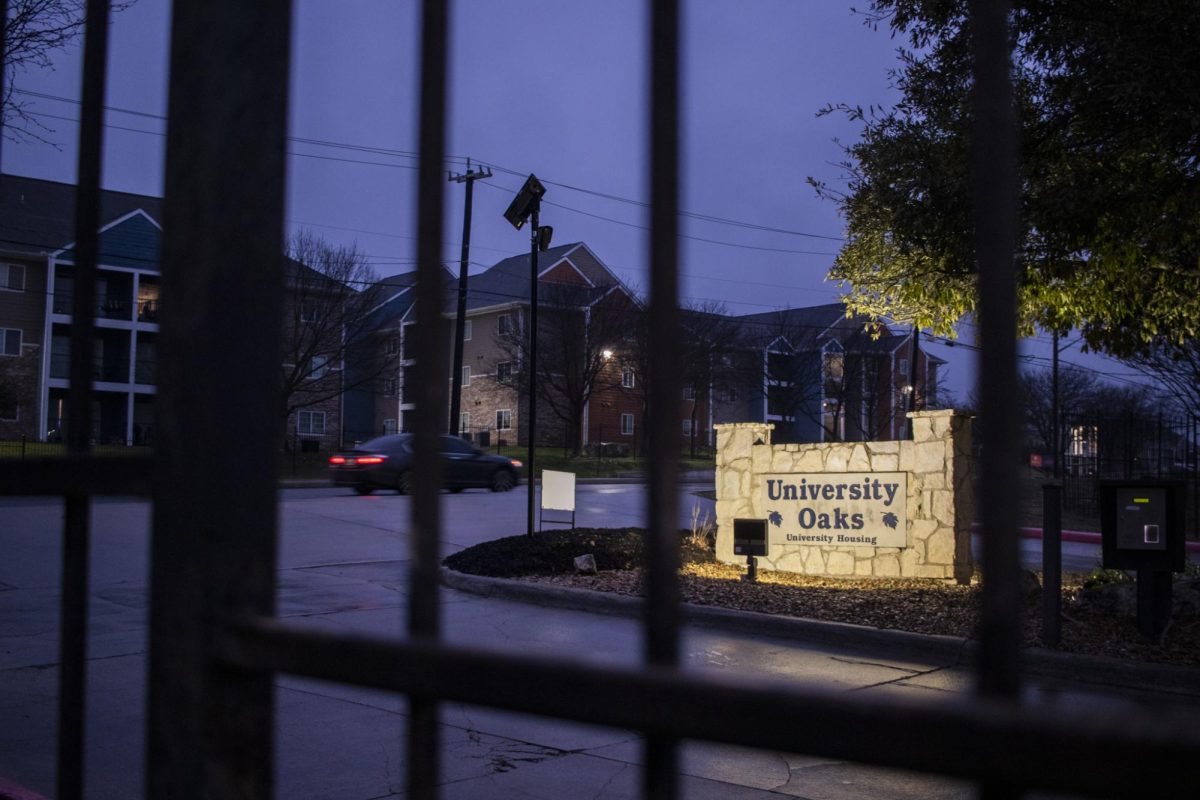Almost all college students have heard the cliché that when they get to college they will be on a steady diet of ramen noodles and water. Due to the cost of tuition, books, and rent leaves some students have to choose between paying their academic expenses or eating regular, healthy meals. According to the hunger-relief charity “Feeding America”, 17% of Texans suffer from food insecurity which is a state where food is limited by a lack of money or resources. Nearly half of all the non-profit’s clients are college students who have to make the difficult choice between academia and meals. In a study of 34 institutions between March and May 2016, The National Student Campaign Against Hunger and Homelessness found that 48% of the students they surveyed reported food insecurity and 22% had low enough food security that they had qualified as hungry. Here at UTSA, Angelica Euzarraga, a Social Science Academic Advisor, is hoping to help solve this food endemic with the creation of the Roadrunner Pantry.
The Roadrunner Pantry is a project, run by Euzarraga and several others, to place a food pantry on the first floor of the University Center. Their goal is to create a donation-based pantry where students in need will be able to receive the necessary food resources to ensure their academic success. At the moment, their priority is to have the pantry available to distribute food to active students with UTSA IDs, but as the project comes into fruition they are open to considering allowing the pantry be available to faculty or staff depending on the pantry’s success.
Being an academic advisor, Euzarraga saw a need for the pantry at UTSA by speaking every day to students about their academic success and their economic state. Euzarraga says she “would hear stories of students that are living in their car, students that showering at the rec, or students who are straight up living on campus once the other students go home”. Students who are struggling to eat meals will have a harder time being successful in class, Euzarraga explains that “if your food and shelter aren’t getting met, then everything that comes above that is going to be incredibly hard to find”.
Food pantries on universities is not a new idea; college foodbanks have grown from only 4 in 2008 to over 100 today. There are even already several successful foodbanks in the UT system. The organizers hope to take influence from these existing pantries and create a pantry that takes away any stigma that may prevent students from asking for help. Rebecca Conejo, a senior English major who is helping organize the project, says that asking for help “can be a difficult topic for a lot of students”. One of the ways they hope to destigmatize the Roadrunner Pantry is to make it look as normal as possible. Conejo hopes that they can create a welcoming environment and hopes to they will be able to model it similarly to the Houston food bank, she says “In the Houston food bank, their main one, their emergency food pantry doesn’t look like something you might find in a non-profit in a basement maybe, there’s no stigma attached to it, it just looks like a convenience store”.
Angelica Euzarraga also hopes that the Roadrunner Pantry will create work experience for students who are interested entering the fields of social sciences. Euzarraga says that internships at the pantry will give them experience “that could really help them by learning how to take intake paperwork and actually develop active listening skills by listening to the students”. Euzarraga says that “[she] would love nothing more than for the students to have that ownership of [the pantry] one day and have it be led by student organizations”.









